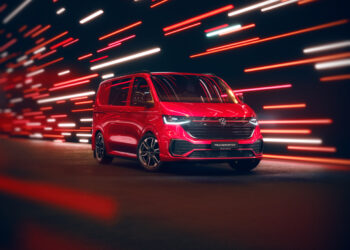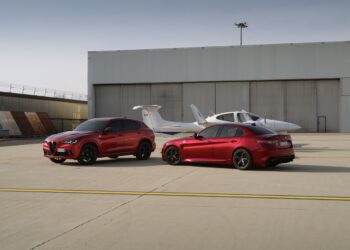Gone are the days when Chinese car brands were seen as mere imitators of Western automakers. Today, they’ve evolved from design copycats to serious contenders, boasting advanced engineering prowess, access to cheaper labor, and an abundance of raw materials. This has made Chinese EV makers a formidable force on the global stage, prompting industry leaders to reassess their strategies.
Ford CEO Jim Farley recently sounded the alarm, labeling Chinese EV manufacturers as an “existential threat.” His comments came after a visit to China, where he tested local EVs and witnessed firsthand the rapid progress Chinese automakers have made. During this trip, Ford’s CFO John Lawler echoed Farley’s concerns, admitting, “These guys are ahead of us.” Farley, drawing parallels to the rise of Japanese brands like Toyota and Honda in the 1980s and the more recent surge of Hyundai and Kia, warned that history might be repeating itself.
Faced with this growing competition, Ford has scrambled to respond. Farley has tasked a “skunkworks team” with developing a new platform for affordable EVs to compete not only with Chinese brands but also with industry heavyweight Tesla. Yet, Ford’s approach seems reactive rather than proactive. The company is about to launch the electric Puma, a small crossover aimed at the European market. However, it will not be available in the U.S., and Ford has already backtracked on its commitment to go fully electric in Europe by 2030.
Ford’s struggles in the EV market are reflected in a series of delayed and canceled projects. A planned electric three-row SUV, initially set for 2025, has been scrapped altogether, and the next-gen electric F-150 pickup has seen its launch delayed twice, now pushed to 2027. Meanwhile, the company has cut EV spending by 10%, signaling a cautious approach in the face of an uncertain market.
Ford’s recent decisions have raised eyebrows. The iconic Fiesta, a best-seller in Europe, was discontinued last year, following the Mondeo’s demise in 2022. The Focus is set to be axed in 2025, mirroring the company’s earlier moves in the U.S., where the Fusion (known as Mondeo abroad) and Taurus were retired years ago.
Governments worldwide are taking notice of the Chinese EV surge and implementing protective measures. Last week, the Biden administration announced a hefty 100% tariff on Chinese-made EVs, effective September 27. Similarly, the European Union is set to vote on increased tariffs on Chinese EVs, with potential duties of 36.3% on SAIC, 19.3% on Geely (Volvo’s parent company), and 17% on BYD. However, these rates may be adjusted downward, according to Bloomberg.
As the automotive landscape shifts, it’s clear that Western automakers must adapt swiftly or risk being left behind by China’s rapidly advancing EV industry.










